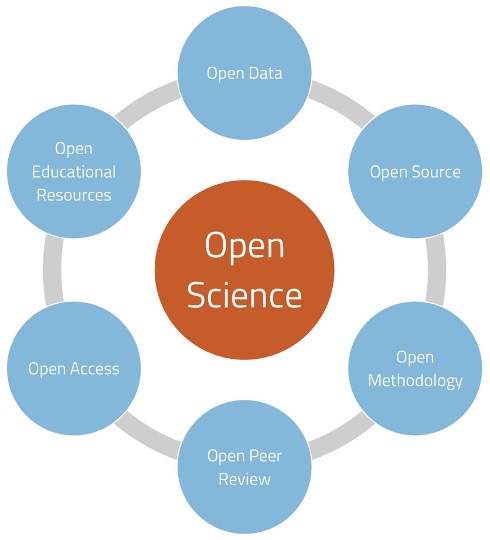Open research: why it matters, and how I try to support it
What is open research, and why is it important?
Open Research (aka Open Science or Open Scholarship) refers to a movement to make the research process transparent, trustworthy, and openly accessible to all levels of society. Traditional research has relied heavily on trust—we trust authors that the data they describe really exist, that they’ve reported all analyses they did without omitting inconvenient results, that their hypotheses were derived before looking at the data, and so on.
Unfortunately, we have good reason to believe that this trust is regularly exploited, mostly by people with good intentions who have learned problematic research practices from earlier generations or simply need to survive in a precarious career path, but also occasionally by bad actors. Research on video games, and in the social sciences more broadly, is simply not very trustworthy.
Fortunately, we have equally strong reason to believe that the set of practices promoted by the open research movement can help. Such practices include preregistration (specifying one’s method and analysis plan in advance, to prevent undisclosed p-hacking), open data (making the data underlying one’s paper publicly available for inspection and future reuse), and open peer review (making [anonymous] peer review reports available alongside the paper to hold journals and reviewers accountable for the quality of their assessments), among others (see image).

Together, open research practices help research live up to the level of trustworthiness it purports to have. In other words, there really is no such thing as “open research”—there’s just research and closed research.
What do I do to support open research?
Here are some activities I’ve been involved in as part of my ongoing efforts to advance open research:
- Reproducibility
- Sharing open data, materials, and code in all my work, both quantitative (e.g., this scale validation paper) and qualitative (e.g., this grounded theory paper about the role of frustration in video games)
- Writing fully reproducible manuscripts in R Markdown (e.g., this paper on dysregulated gaming scales)
- Sharing simulated synthetic data when ethical barriers prevented sharing of raw data
- Study planning
- Preregistering both quantitative and qualitative research (e.g., this mixed-methods paper about compensating for deficiencies in daily life with video games])
- Publishing Registered Reports (e.g., this project on Xbox gaming and wellbeing, currently accepted in-principle at Technology, Mind & Behavior)
- Using simulated data for power analysis of complex models (e.g., this paper)
- Community-building/dissemination
- Teaching workshops on statistical malpractice, questionable research practices, and publication bias for the QMUL researcher development programme and elsewhere, with all materials shared for reuse
- Founding and co-organizing the QMUL chapter of ReproducibiliTea, holding monthly reading group meetings across disciplines and institutions about challenges to research quality
- Acting as QMUL’s Local Network Lead for the UK Reproducibility Network, responsible for coordinating grassroots open research activities and promotion around the university
- Serving on the QMUL research integrity committee, the body responsible for developing research integrity policy and investigating scientific misconduct
- Research on Research
- Conducting meta-scientific research (e.g., on transparency standards in human-computer interaction journals)
- Participating in team science/corsortia projects (e.g., this paper in collaboration with the UK Reproducibility Network, or this one on awareness of open science practices around the UK)
- Open Access
- Making all of my publications open access, including green and gold routes (applying for APC funding where necessary)
- Reviewing for Diamond Open Access journals, particularly Cyberpsychology: Journal of Psychosocial Research on Cyberspace
I hope this list will continue to grow, and welcome any opportunities to continue my development!